Description

What does Shatavari do for you?
- Shatavari has intense Pitta samana action. Aggravated Pitta wreaks havoc in the female body. It disrupts digestion, menstruation, fertility and mental acuity. Shatavari gets to the root of the problem with its cooling combination of Pitta-samana drugs.
- The herb is adaptogenic. Helps your body cope with physical and mental stress. Its potent anti-oxidant action helps in preventing free radical cell damage.
- Shatavari is an excellent remedy for white discharge in women. Undernourishment, physical exhaustion and mental stress contribute to chronic conditions of leucorrhea associated with fatigue and anorexia. Shatavari tackles the problem in a holistic manner, imparting nourishment, cooling the body and rectifying hormonal dysfunction.
- In the woman debilitated by pregnancy and child-birth, it imparts nourishment and improves lactation. It is an excellent galactagogue.
- It improves fertility and libido in women. Bestows quality of ovum and ensures patency of the reproductive tract.
- Sets metabolism on track. Neutralizes excess heat and acidity in the body.
Why Shatavari?
‘Shatavari’, the Sanskrit name for Asparagus racemosus, implies ‘a woman fit to wed a hundred suitors’! The drug Shatavari has a well-deserved reputation for improving fertility and libido in women. Recent studies have identified the plant’s horde of phytoestrogens – biochemicals with estrogen-mimicking properties.
Pitta-Kapha imbalance in the body manifests as excess heat, viscidity and body odor. The person is constantly overheated, fatigued and given to anxiety and anger. In the female body, this gives rise to chronic genito-urinary infection and discharge.
Shatavari, luxuriously cooling and soothing, exquisitely balances the deranged Vata and Pitta elements in the body. It is beneficial in managing all kinds of pathologies affecting the female reproductive system, genitalia and hormonal function.
Why choose Sitaram Shatavari Capsule?

Vedic wisdom on Shatavari:
Ayurvedic pharmacodynamics
Rasa: Tikta, Madhura
Guna: Guru, Snigdha
Virya: Seeta
Vipaka: Madhura
Karma: Vatapittajit, Medagnipushtida, Shuklasthanyakari, Rasayana, Hrdya
Classical reference from Bhavaprakasa Nighantu –

Translated as – Shatavari is Guru (heavy), Seeta (cold), Tikta (bitter to taste), Swadu (sweet to taste), Snigdha (unctous) and Rasayana (rejuvenative) in property. It bestows the user with Meda (corpulence), Agni and Pushti. It is Netrya and alleviates Gulma and Atisara. It promotes Shukla and Sthanya, is Balya and mitigates Vata, Raktapitta and Sopha.
Phytoconstituents
The major bioactive constituents of Asparagus are a group of steroidal saponins. This plant also contains Vitamins A, B1, B2, C, E, Mg, P, Ca, Fe, and folic acid. Other primary chemical constituents of Asparagus are essential oils, asparagine, arginine, tyrosine, flavonoids (kaempferol, quercetin, and rutin), resin, and tannin.
Botanical name: Asparagus racemosus
Family: Lilliacea
English name: Wild Asparagus
Hindi name: Shatamuli
Malayalam name: Shatavari


 Sign In
Sign In Cart
Cart 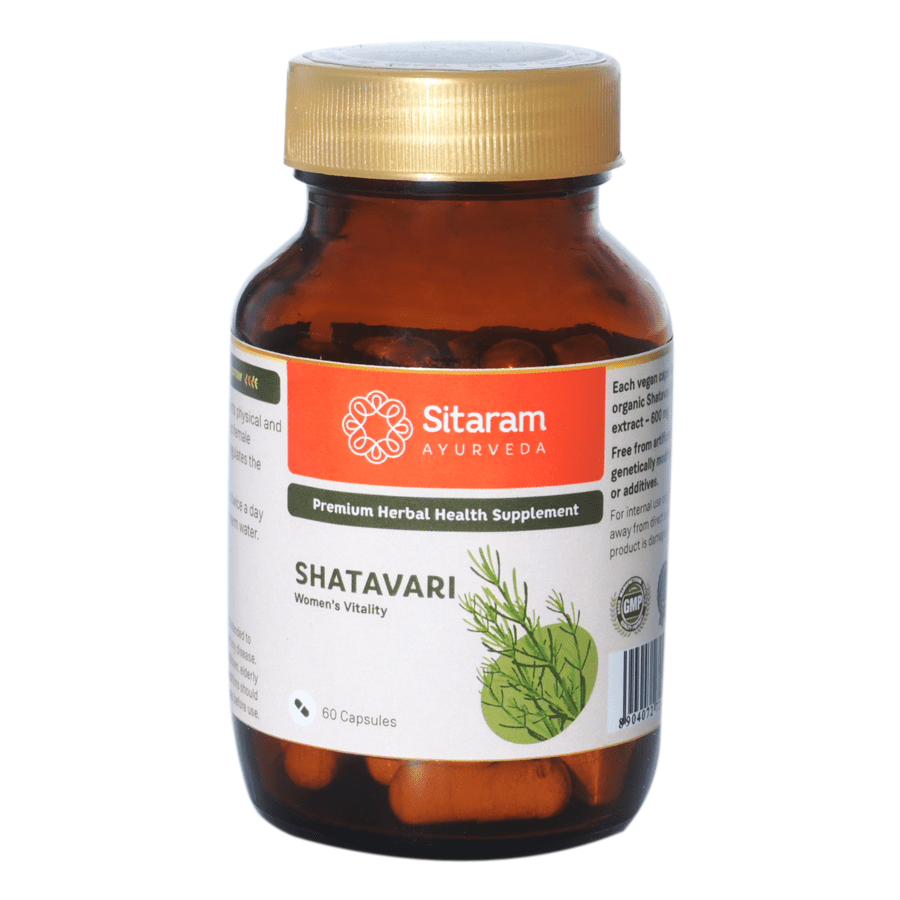
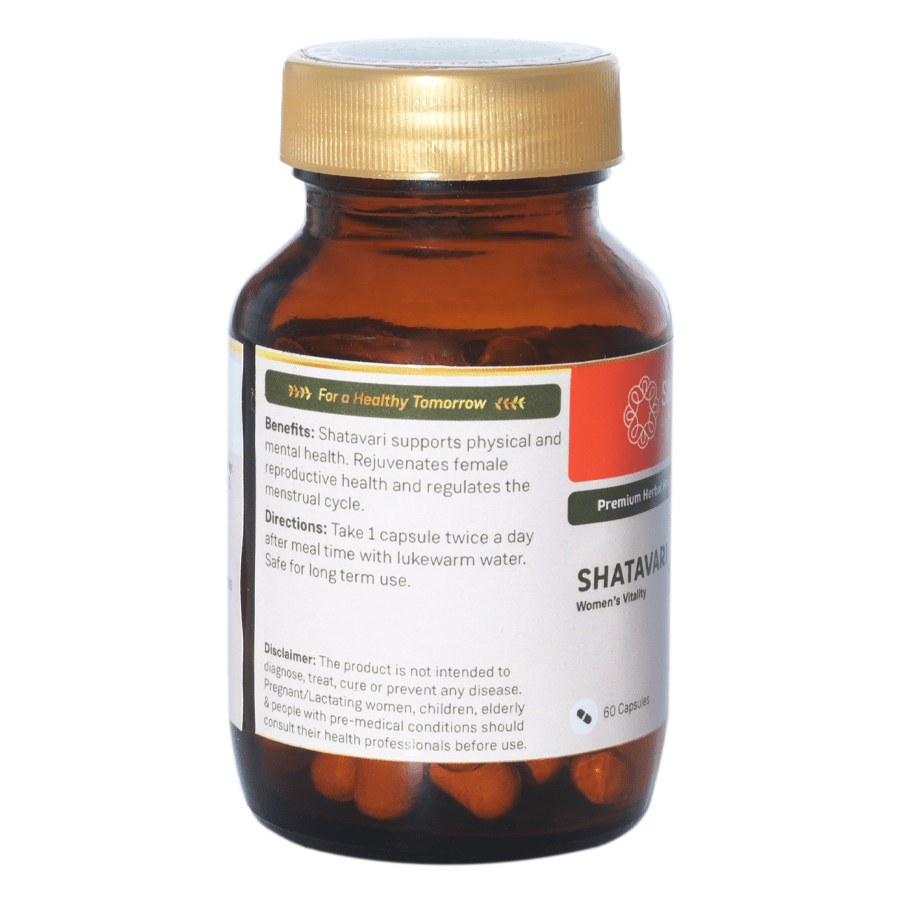
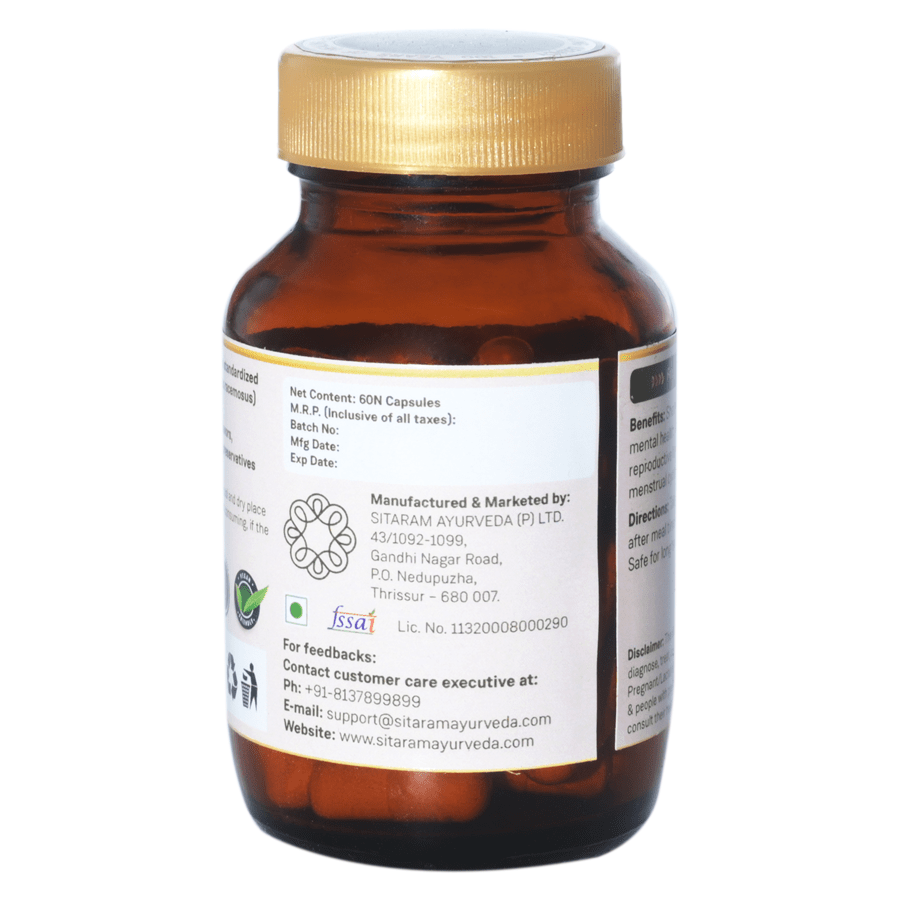
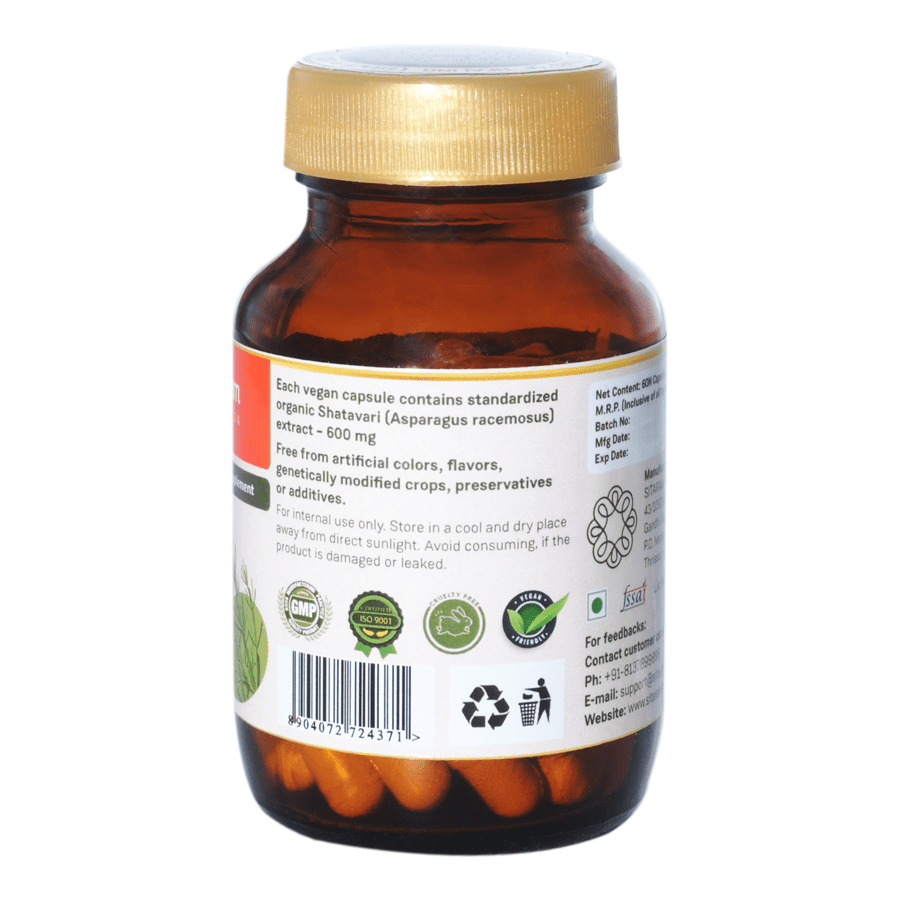
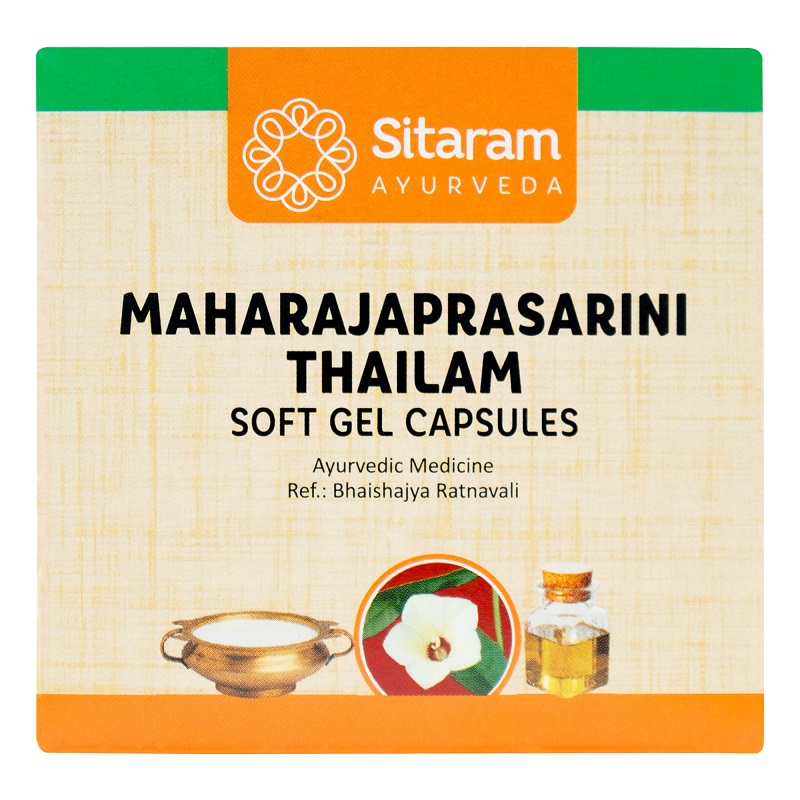
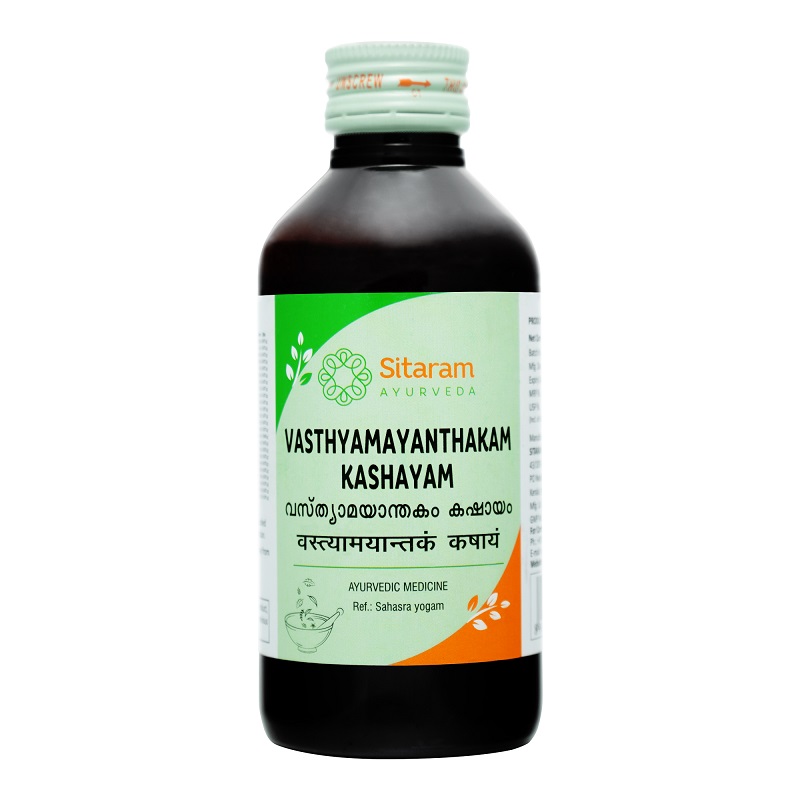
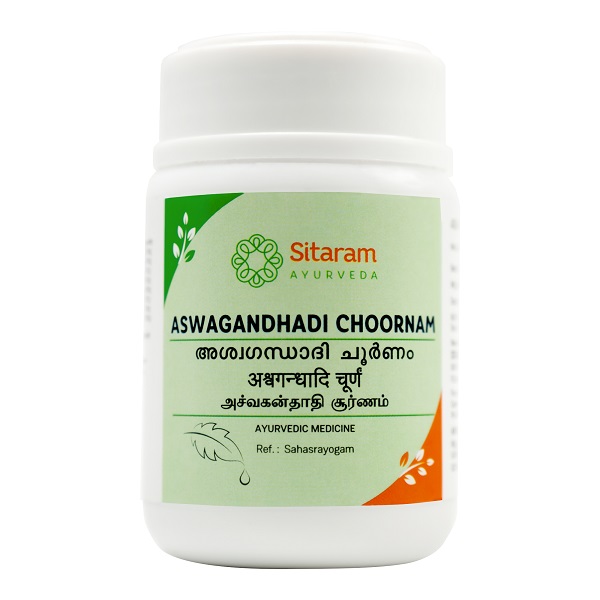
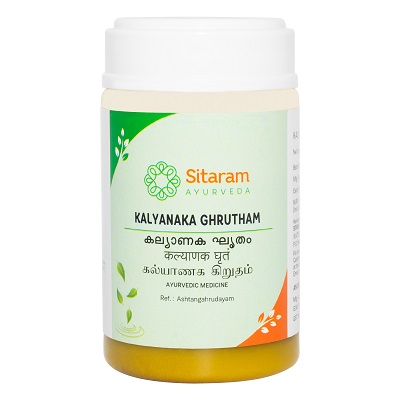
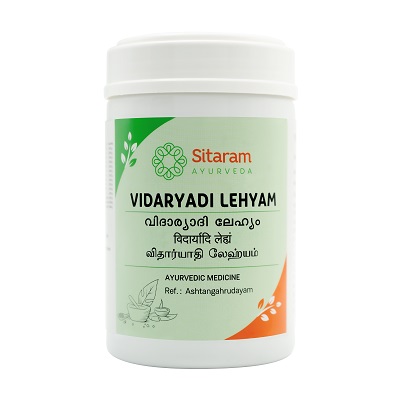
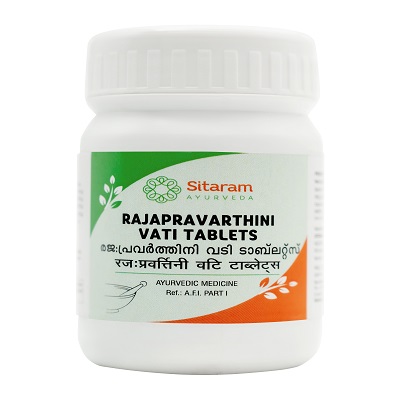
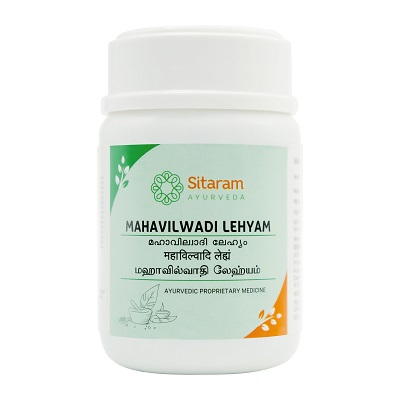
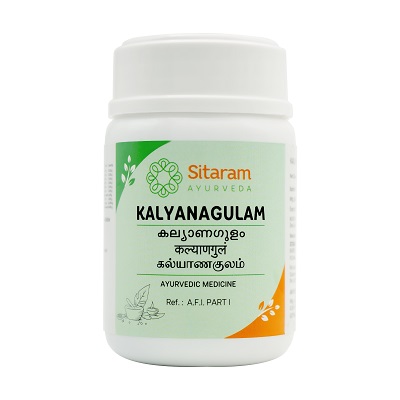
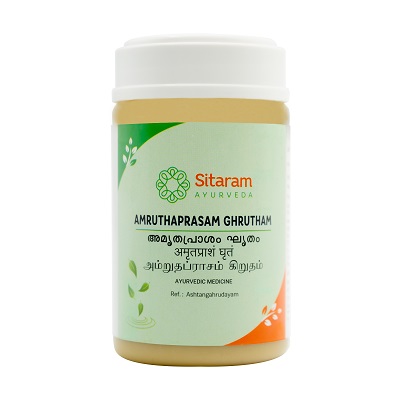
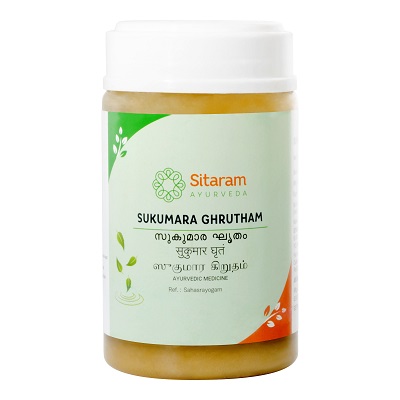
Reviews
There are no reviews yet.